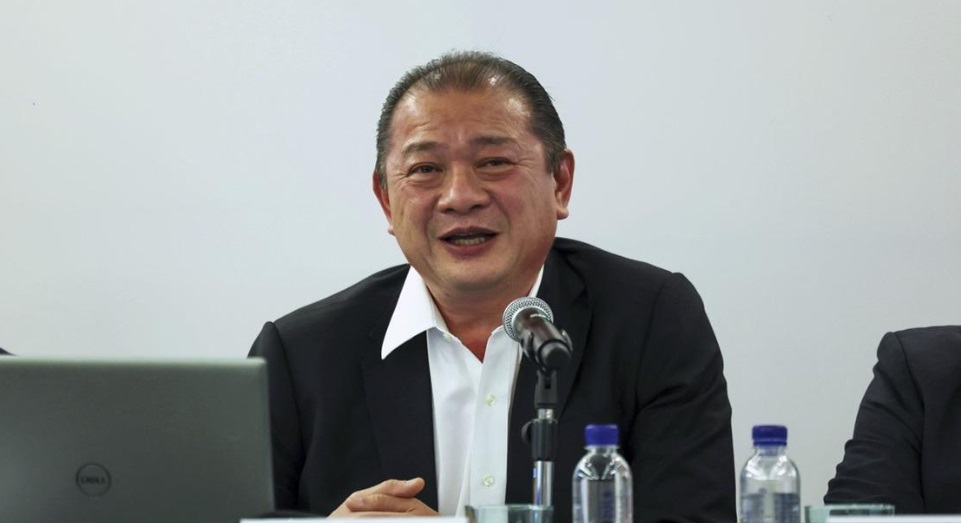The government has introduced various initiatives and incentives to enhance the capacity of the local automotive industry with an aim to increase exports of vehicles, including spare parts and components.
The Ministry of Investment, Trade and Industry (MITI) emphasised that fiscal and financial incentives, including reductions in both direct and indirect taxes, have been maintained alongside the provision of trade financing facilities and services for exporters through EXIM Bank.
Among the initiatives include the signing of free trade agreements (FTA) to obtain reduction in import duties when exporting to FTA partner countries.
MITI pointed out that the import duty reductions obtained by local industry players also provide a cost-competitive advantage, offering greater market opportunities for local automotive companies.
“In addition, Malaysia is undertaking strategic cooperation under the ASEAN Mutual Recognition Arrangement (AMRA) to facilitate local automotive companies wishing to export their products.
“With AMRA, technical trade barriers as well as certification and testing requirements can be addressed or minimised,” it added.
MITI also shared that based on information provided by vehicle manufacturers Proton and Perodua, the total number of vehicles exported by both local brands from 2019 to September 2024 stood at 24,272 units.
Of this total, 17,118 units were Proton models, while the remaining 7,154 units were Perodua models.
Meanwhile, the Malaysian Automotive Association (MAA) reported that the country’s new vehicle sales fell by 4% to 69,859 units in October 2024, compared to 76,173 in the same month last year, with October’s total industry volume (TIV) reaching 20% higher than September 2024’s TIV of 58,032 units.
“The higher TIV was driven by longer working month and year-end promotional campaigns by car companies,” MAA pointed out.
The association shared that 64,322 units of passenger vehicles (PVs) were sold in October, a decline of 6% from 68,721 units in the same month last year, while sales of commercial vehicles (CVs) decreased by 26% year-on-year (YoY) to 5,537 units from 7,452 units.
As for total sales volume for the first 10 months of 2024, it grew by 2.4%, reaching 664,002 units compared to 648,130 units in the same period in 2023. Additionally, the TIV for PVs increased by 5% to 608,225 units, while the TIV for CVs declined by 16% to 55,777 units.
It has been projected that the TIV for motor sales for 2024 will reach 800,000 units, which is an increase of 35,000 units (4.57%) from the previous estimate of 765,000 units.
MAA president Mohd Shamsor Mohd Zain said that the positive outlook for the coming months is driven by ongoing promotions from car manufacturers.
“Achieving the initial 765,000 target should not be an issue. In fact, I anticipate a figure slightly higher, reaching 800,000 units. The initial target was made around May or July when we expected a dip in momentum.
“However, we did not fully account for backorders, especially for certain models, primarily from national car manufacturers,” he said.

The post Govt to Drive Local Automotive Industry Through Various Incentives first appeared on Logistics Asia.